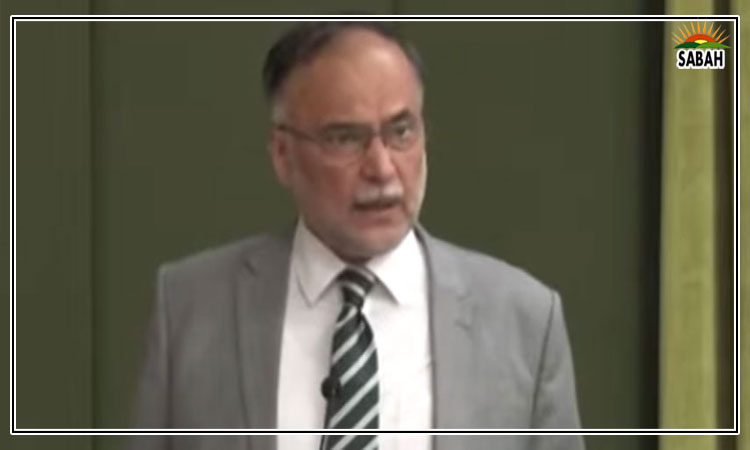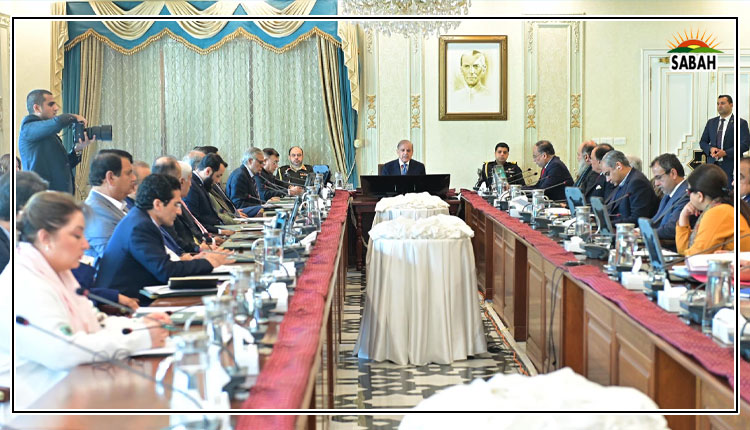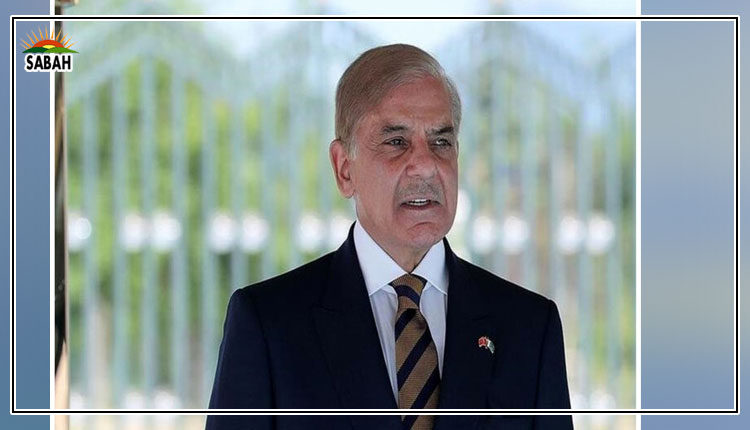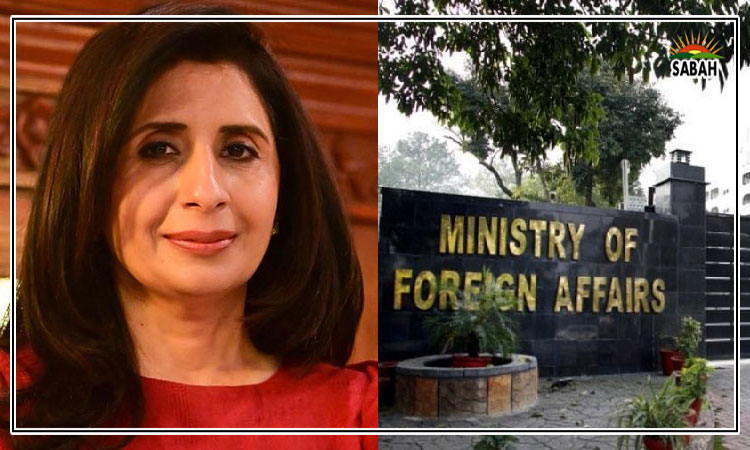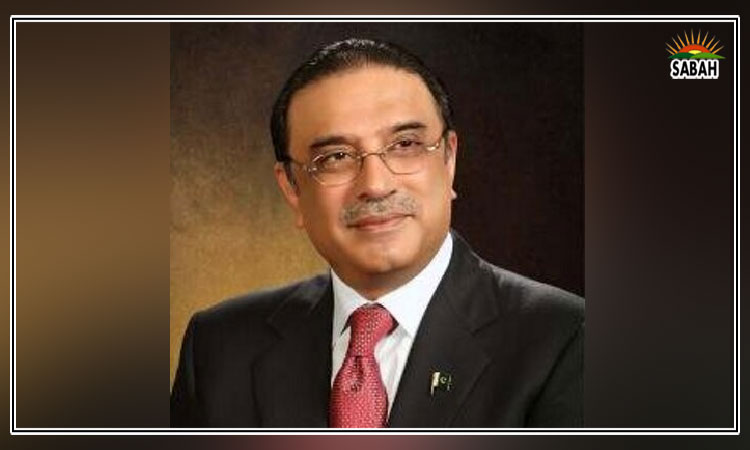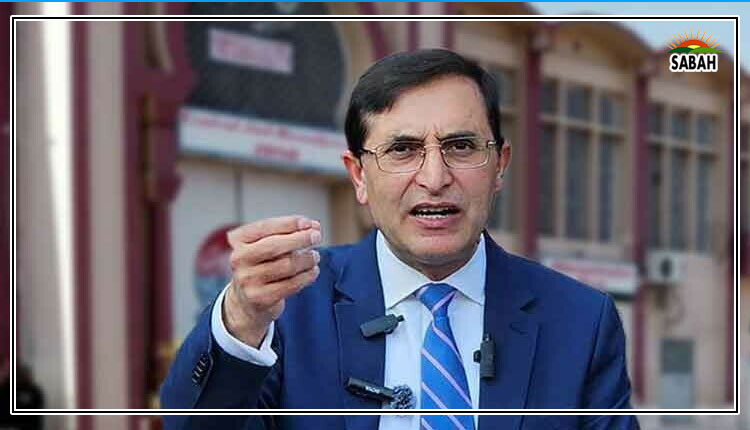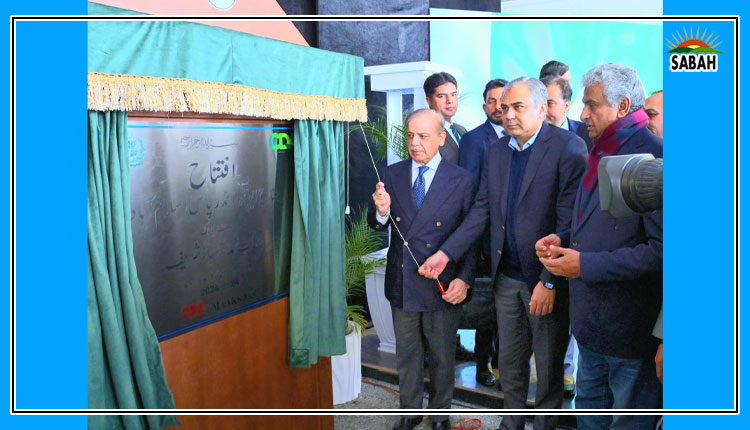IPS’ Roundtable on ‘10 Years of CPEC’
ISLAMABAD, August 24 (SABAH): Investment in China-Pakistan Economic Corridor (CPEC) is not limited to Pakistan and China, rather it is open to other countries, especially from the Gulf region, as well to invest in the opportunities being created with the development of the mega project, which holds vast possibilities to expand avenues for further cooperation. It is critical for both China and Pakistan to resist and counter false narratives peddled by rivals as well as their attempts to sabotage the success of CPEC.

This was observed during a roundtable discussion on ‘CPEC: 10 Years and On’ at Institute of Policy Studies (IPS) with a Chinese delegation of researchers from the Institute of South Asian Studies (ISAS), Sichuan University, China, led by Dr. Zeng Xiangyu, senior research fellow, ISAS and director of its Indian Ocean Study Centre.

The keynote speech was delivered by Khalid Rahman, Chairman, IPS, while Dr. Zeng Xiangyu, Gao Liang, senior researchers, ISAS, Ambassador (retd) Syed Abrar Hussain, Vice Chairman (Academics), IPS, Prof. Dr. Fakhr-ul-Islam, director research and academic outreach, IPS, and Dr. Syed Tahir Hijazi, former member Planning Commission, addressed the roundtable, which was moderated by Naufil Shahrukh, IPS’ GM Operations.

In his speech, Khalid Rahman stressed the importance of considering the bigger picture while evaluating the performance of CPEC in the present dynamics of conflict. The Afghanistan issue, law and order situation, adversarial lobbying, risks associated with P2P interactions, political instability, and governance concerns are just a few of the internal and external obstacles CPEC has encountered. Despite these hindrances, the CPEC initiative was promoted as a win-win partnership at its launch.
A decade down the line, it can be said that things are improving; the domestic scene is becoming more predictable, the bilateral confidence is being restored, and the shifting external environment is also opening up new arenas for collaboration. In the present situation, it is fitting to continue this collaboration with a positive agenda and in the same spirit. Both countries must prevent the partnership’s goals from being derailed by false narratives spread by adversaries, he said.
The past decade of CPEC has been fruitful, yet it was ‘far from perfect’ as there is still more to do, said Dr. Xiangyu. He said that, besides the ‘1+4’ layout, there are more possibilities to expand avenues for cooperation, e.g., in industry transfer and development, agriculture, water resource management, climate change management, and human resource and workforce management, having grassroots-level implications. Along with exploring new cooperations, both countries also need to manage their CPEC-related expectations and develop a proper understanding of its nuances. Only then can both countries develop better policies and a workable environment for this connectivity project in the coming years.
Liang mentioned that there have been obvious changes in the geopolitical landscape surrounding CPEC – like US and Japanese economic and strategic investments in the Indo-Pacific region, Indian strategies to dominate the regional space while isolating Pakistan and China, and the creation of a more hostile and insecure environment for Chinese companies and investments ¬¬¬¬¬– must also be paid attention to while devising workable policies to ensure a favorable environment for CPEC success.
Addressing the concerns regarding the insecure environment for CPEC, Dr. Fakhr-ul-Islam said that in 2013, despite the untoward security situation, the authorities proceeded with the project because they recognized its potential.
After ten years, the security situation surrounding CPEC is relatively stable and under control through intelligence mechanisms and a whole army division dedicated to CPEC and coastal security. Nonetheless, some international and regional actors involved in proxies constitute a concern, for which both countries need to remain vigilant so that CPEC may not be sabotaged.
Adding to this, Ambassador Abrar said that both countries also need to move ahead with Afghanistan to connect the region to Central Asia and beyond to open up greater opportunities for regional collaboration and prosperity. As peace in Afghanistan has been a major prerequisite for the progress and development of the whole region, including CPEC, it is high time to cash this opportunity through multidimensional cooperation of regional countries with, as well as through, Afghanistan.
Tahir Hijazi mentioned that the frequent change of governments in Pakistan brings a change of interests and transfer of authority in the administrative setup, resulting in the absence of a structured setup. He added that this problem must be addressed through good governance and administrative policies.



